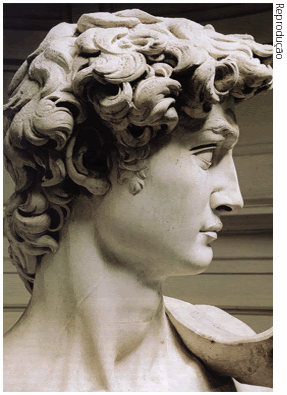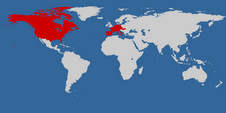Julian
1964
A review –
1964
A review –
«Reminiscent of Robert Grave's Claudius books, Gore Vidal's imperial memoirs, Julian, is a well-researched, informative, and engaging piece of historical fiction about the nephew of the Emperor Constantine, best known for converting Rome to Christianity. Julian, more familiar with his epithet, the Apostate, tried to stem the tide of monotheism once he came to power, but his term in office was too short to effect any lasting change.
Before he came to power, the pose of an intellectual would-be cleric probably saved him from political assassination. Julian's early life was that of a prince with all that entails; including close supervision, limited access to people besides his brother, and strict regulation of behaviour. In addition to these, the ordinary shackles of royalty, the policies of Julian's cousin, the reigning emperor, Constantius, included judicious murder of anyone who threatened his supremacy.
Having first witnessed his father's murder and then his brother's, Julian had reason to be wary of his cousin. Seeking the life of a bearded philosopher, Julian hoped to escape his cousin's notice. But Constantius needed him to act as puppet head of Gaul and so Julian was dragged away from his dialogues and books, given Constantius' sister to wed, and sent away from the intellectual centres of the empire.
Julian quickly rejected the role of puppet, and since he had a military knack he soon had the command and respect of the local forces. When Constantius ordered them elsewhere, they revolted, proclaiming Julian emperor. This happened in Lutetia, a city we know so well today, and whose name was changed in Julian's lifetime to… Paris! Luck was with him when the sudden death of Constantius precluded an otherwise inevitable civil war.
Just as he took well to the position of imperial underling in Gaul, so he quickly learned to rule, before turning his attention to reviving Paganism and subduing the Christians, whom he dismissively calls Galileans. War with Persia continued giving him an opportunity to shine by flexing his military muscle, until he was felled by a weapon that, according to Gore Vidal, belonged to one of his own men.
Interjected into the memoirs are the notes of two contemporaries who show other sides of the story and interspersed in Julian's narrative are humorous bits of social commentary only superficially about the times: «In every city there is a special class whose only apparent function is to gather in public places and look at famous men... An elephant would have pleased them most, but since there was no elephant, the mysterious Prince Julian would have to do.»
Putting himself into the narrator's persona for a moment, Vidal writes: «One of the faults of most historians is that they take too much for granted. They assume that the reader must know; therefore, they tell only the uncommon things… one can see the author hovering on the verge of explaining some important fact and then shying away out of fear of dullness.»
Obviously Vidal took great care here – an excellent bibliography is given in an appendix. While enlightening, this biography of Julian is anything but dull.»
In my opinion, this is one of the best books ever written over that last, dark period of Classical Antiquity, when the Roman Empire was on the brink of collapse. Julian II, the Apostate, lived in the IV century AD – or, as some Americans (1) seem to be ready to fight for, CE, which would stand for Common Era (?!). Born in Nicomedia (not far away from nowadays Istanbul), he was killed in combat against the Persians before the massive walls of Ctesiphon, about 30 km south from nowadays Baghdad. He was only 33 years old, and after Marcus Aurelius and Hadrian he was the last emperor who was also a philosopher and a writer.
On the book itself there isn't much left to say. The review above is one of the best I've read about it. Perhaps only this will suffice to give you a better idea about the quality of a book written 42 years ago: up till now no published book either about Julian or about that period compares to Gore Vidal's Julian… Yes, a masterpiece.
About Gore Vidal… I wouldn't dare writing a word. Not only is he worldwide known for his literary œuvre, but also has he been an active American citizen his whole life through, politically committed and always ready to stand up for his ideas, even if that may have caused him some troubles now and then. What he nowadays represents for and in the gay community, chiefly as a symbol and a reminder of many fought fights, goes without saying.
(1) «The latest fuss involves letters. The staff of Kentucky's education department proposed guidelines this year that would eliminate the conventional designations of years as B.C. ("Before Christ") or A.D. ("Anno Domini," meaning "the year of the Lord"). The proposed secular substitutes to shun references to the birth of Jesus Christ were B.C.E. ("Before the Common Era") and C.E. ("Common Era").»
Richard N. Ostling, Associated Press






















1 comentário:
... The whole pigsty, yes!... That's why I like him even more!
After his companion died a few years ago, he left Italy and is now living in California.
I wish there were so much more like him! I can only think of Noam Chomsky, one of my masters...
Enviar um comentário